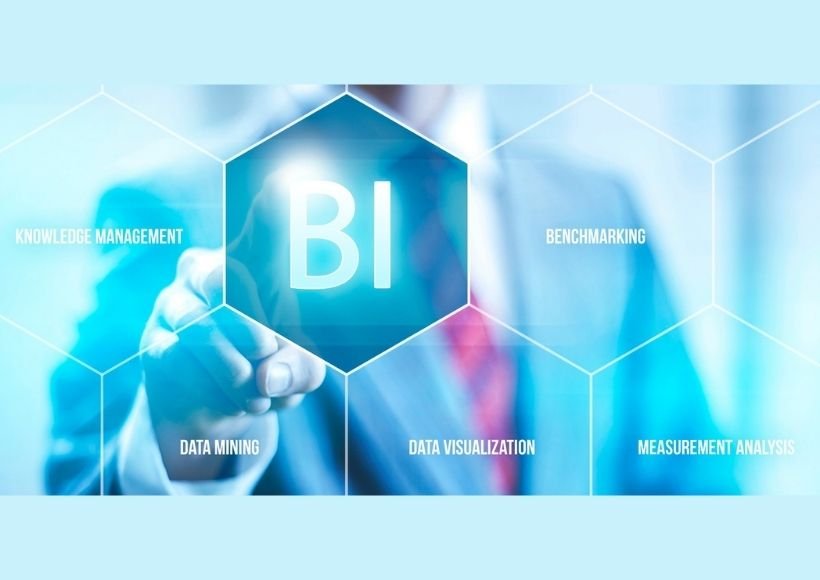What Is Business Intelligence or BI?

Business intelligence: Information is collected, stored, processed, and exchanged by organizations of all sizes and types of the world. Data has become such an essential factor in a company that consultancies such as Gartner already consider that it should appear as a business asset to assess the total wealth of a company. At this point, some even argue that Big Data is the oil of the 21st century.
Business intelligence, business intelligence, or Business Intelligence (BI) seeks to transform data into knowledge to become a competitive advantage later. Now, making better decisions in a company with the extracted data is based on combining and understanding internal and external information. It will be useless for us to have the statement that we cannot process and take advantage of. But what is considered a BI tool or business intelligence software? Well, we could classify them into three categories:
Business intelligence tools that manage data or data management tools. They allow you to cleanse, standardize, extract, transform and move data to facilitate business decision-making. Correctly working this data is very useful, for example, to adapt advertising to clients according to their interests, protect the information, or favor machine learning —the creation of systems that learn automatically—. However, there are also difficulties in managing all this data, mainly due to the amount of data.
Tools that discover new data or data discovery applications. They allow discovering new patterns and specific values to find the desired information in the shortest possible time. They are characterized by being easy to use, very relevant for the user given their speed, flexible, since they can be adapted to any department, and collaborative due to the need to be fully integrated into other BI processes. Despite its benefits, setup time is often long, your options are limited, and there is currently no guarantee that the information is valid.
Reporting tools. They allow us to deal with the well-known intoxication — information overload on the network — since almost at a glance, we could know the needs of our business and the strengths and weaknesses to make the best decisions. It can also help us measure whether or not specific KPIs (performance based on set objectives) are being met. They can help analyze the evolution of results, compare data to detect trends, or create reports with actual data, tailored and according to our needs.
Five benefits of Business Intelligence
1. Save time and increase productivity. The fact that employees have stopped doing repetitive tasks of sorting and manipulating historical data has allowed them to use that time to be more productive.
2. Greater control of the functional areas of companies. From the finance area to the human resources area, through inventory, sales, or production. It is an excellent benefit in costs and time to cross the data set, analyze it and make decisions through the creation of dashboards.
3. Frame the target. Accurately defining our target audience (purchasing habits, schedules, tastes, etc.) is one of the best investments we can make sense of. In this way, we will convert all efforts into sales. In addition, this information will help us create more effective strategies based on business analytics.
4. Provide quick answers to critical questions. Extracting the information and analyzing the data we need at any given time is crucial to responding to an emergency. Objective data now replace intuition or gut feeling.
5. It facilitates the understanding of results and cooperation. Whether business people or workers, accessing relevant information in real-time and visual elements makes our day-to-day lives more accessible.
BI tools that are most popular in the market
- Microsoft Dynamics
- IBM Cognos Analytics
- SAP business intelligence
- Oracle Business Intelligence
- Tableau, Sisense
- Clear Analytics
- QlikView, Good data
- Style Intelligence
Also Read : Facebook Messenger Chatbot Will Save You Time And Make Money




